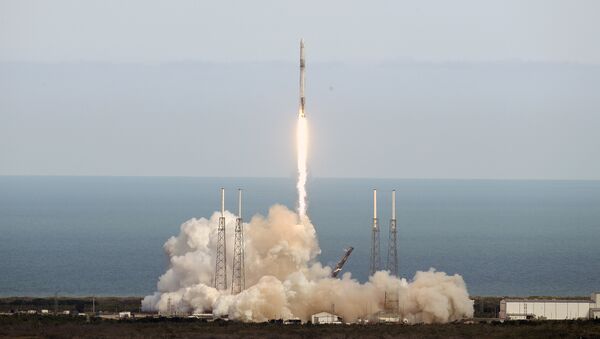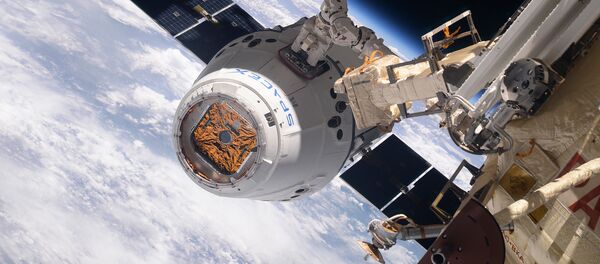Sputnik: Could space tourism become more accessible in the coming years, what sort of issues need to be addressed to make this happen?
Warwick Holmes: The trend is heading in that direction, but the engineering challenge in terms of space tourism and the reliability of rocket design for the mass market, particularly in this case of free return trajectory around the moon is high.
It shouldn’t be underestimated and there’s a lot of emphasis on suborbital flights; like Virgin Galactic for example and this relatively easy, but free return trajectory around the moon is extremely challenging.
Warwick Holmes: There’s also a lot of hype around sending humans to Mars in the near future, but this is extremely unlikely in the next 20 to 30 years. To have a human habitation module sent to Mars, which can sustain live with completely autonomous systems, for water, food and oxygen without anything going wrong, without support from Earth, we are decades away from having this kind of engineering.
The International Space Station requires 24 hour support from ground control centres and if anything goes wrong they can go back to Earth. The moon will be utilised for developing these habitation modules and they have to be reliable without any intervention from Earth for 10 years, before they can be considered reliable enough to send to Mars. If anything goes wrong on the Moon, you can return to Earth within 3 days; on Mars it would take 2 years to return to Earth, which means that all the astronauts would die.
The views expressed in this article are those of the speaker, and do not necessarily reflect those of Sputnik.




